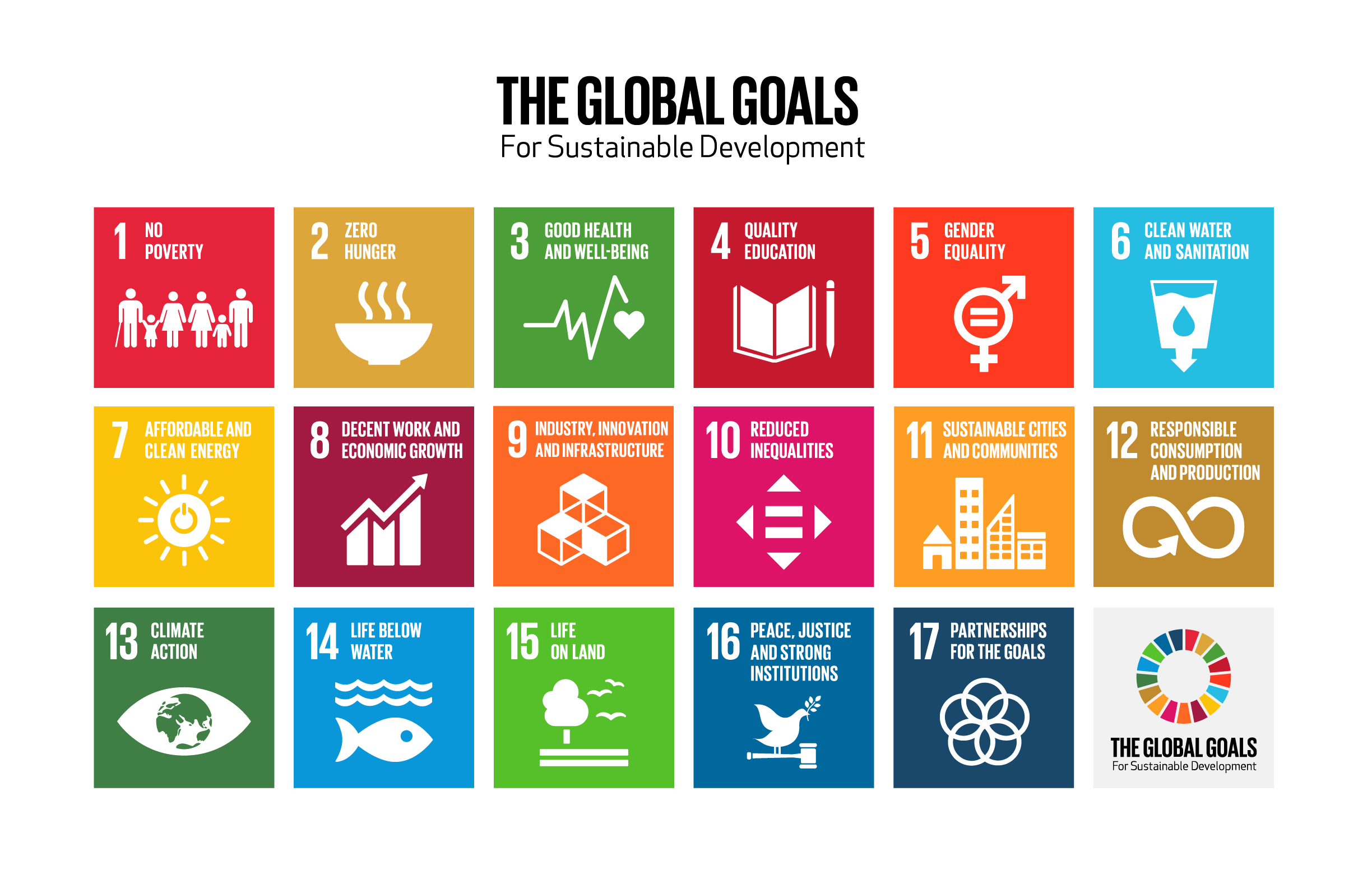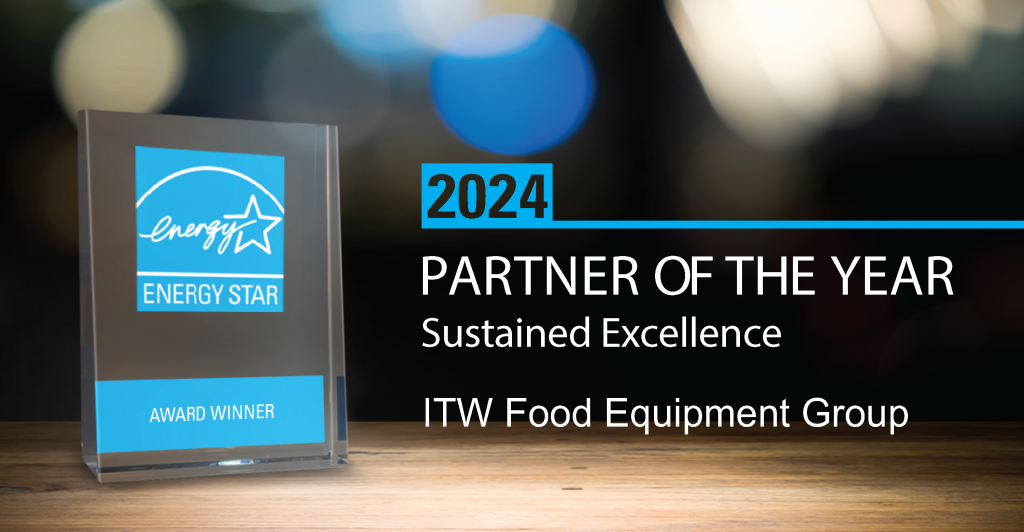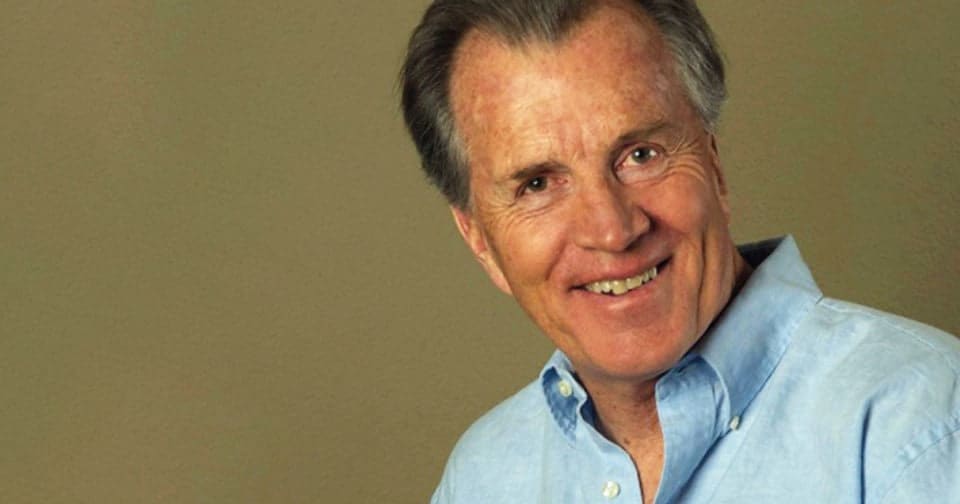
The sustainable development goals (SDGs) were agreed in 2015, giving signatories a 15-year deadline to meet a range of targets on poverty, hunger and climate change. The event, held on 1 February in London, pulled together leading lights from the worlds of politics, marketing and development to offer input on how far the goals are being met and the road ahead.
It was an evening of insightful talks, a lively panel and audience interaction, topped off with canapés and wine.
The speakers
The keynote speech came from Mary Creagh MP, Chair of the Environmental Audit Committee. Her oversight of issues surrounding sustainability across government and the wider country reflected how far there is to go in implementing the SDGs. Creagh’s committee has found a vast majority of government departments are ignoring the goals altogether.
Creagh noted a decrease in spending on investment in green energy and a “doughnut shaped hole” in the UK’s policy on sustainability, with grand proclamations at international conferences belied by a distinct lack of action at home. However, she left on an optimistic note, declaring policymakers are “never more intent than now to adopt the radical agenda” embodied by the SDGs. The Brexit vote, she argued, highlighted underlying problems in Britain’s social fabric that fulfilment of the SDGs would help to tackle.
Piers Bradford took to the stage to discuss his work as managing director of Project Everyone, a campaign initiated by filmmaker Richard Curtis to spread awareness of the goals. His was an illuminating talk on efforts to popularise the SDGs and the hurdles his organisation has faced. Bradford encouraged business leaders to get an SDG specific board meeting in the timetable – “share these with shareholders and stakeholders, share these with employees and show commitment to the goals by slapping branding on your materials”.
He conceded his campaign objective of making everyone in the world aware of the goals was likely to fail. But Project Everyone’s efforts to emphasise the “Global Goals” by making them more digestible and offering free resources to schools will, he hopes, inspire a new generation.
COO of PwC’s Global Sustainability Network, Louise Scott began her talk by asking delegates who were aware of the SDGs for a show of hands. Although met with a positive response, the hand waving withered when she followed up by asking who specifically had relevant action plans in place.
Here, said Scott, was the problem. Business leaders know UN agreement around the goals means regulation is in the offing (with plastic bag taxes in the UK an early example). It’s also clear that tackling the goals can lead to improved business performance with lower costs of equity and debt. Nevertheless, PwC has found 61% of firms are failing to meaningfully engage with the SDGs. Scott left delegates with a 3 point plan to take away: identify stakeholder preferences, identify local needs and target key areas for improvement.
Political and commercial awareness
TA panel session entitled “Legal Sustainability Alliance Introduction and Panel Discussion” saw Creagh, Bradford and Scott joined by Leilani Weier and Matt Sparkes of Linklaters to discuss the best way to embed the sustainability agenda in the public discourse.
Creagh and Scott suggested governments must be prepared to carry the torch of sustainability. They pointed out Colombia as a case in point, where policymakers are clamping down on poverty and violent crime. The country is now leading the way in implementing the SDGs among Latin American nations.
Bradford said his priority was spreading awareness among businesses to ensure they play a foundational role in driving sustainability, with Weier saying Linklaters were scrutinising their highest risk suppliers but warning there was no “silver bullet” for ensuring they put sustainability at the forefront of their operations. It was Steve Malkin’s rallying cry that best captured the feeling around getting on with implementing the SDGs: “Just start!”, he exclaimed.
Despite the jovial atmosphere, the event’s speeches and panel were underpinned by a sense of urgency. As Mary Creagh noted, “climate change will take $43trn off the global economy by 2030, while sustainable businesses will be worth $12trn by contrast in the same period”. The SDGs may have the veneer of ethical grandstanding, but the welfare of businesses and the environment depends on it. Foodservice consultants should take note.
Thomas Lawrence




